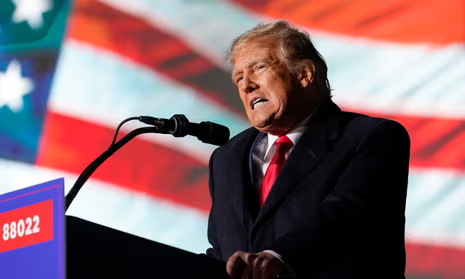Controversy surrounding President Biden’s decision to waive student loan debt has ignited a debate about executive power and legal boundaries. Despite the clarity provided by the Supreme Court on the matter, Biden proceeded to act unilaterally, raising questions about the extent of his authority.
In a decisive ruling, the Supreme Court made it unequivocally clear that President Biden does not possess the unilateral power to waive student loan debt. However, despite this legal constraint, Biden chose to move forward with his plan, sparking criticism and concern from various quarters.
The ramifications of Biden’s actions extend beyond legal technicalities. Many view his decision as a breach of the law and an overreach of executive authority. By circumventing the established legal process, Biden has set a concerning precedent that undermines the rule of law and the separation of powers.
Furthermore, the implications of Biden’s student loan debt waiver are felt keenly by blue-collar workers and taxpayers. With the burden of debt relief potentially falling on their shoulders, there is understandable frustration and resentment. The notion of working-class individuals having to bear the financial consequences of debt accrued by others, particularly in fields perceived as less economically productive, has sparked backlash and raised questions about fairness and equity.
Moreover, the issue of student loan debt itself is complex and multifaceted. While many acknowledge the challenges faced by borrowers burdened with substantial debt, the question of who should bear the responsibility for repayment remains contentious. Advocates for debt relief argue that it is a matter of social justice and economic stimulus, while opponents raise concerns about moral hazard and fiscal responsibility.
In conclusion, President Biden’s decision to proceed with the waiver of student loan debt despite the Supreme Court’s ruling has stirred controversy and raised important questions about executive power, legal interpretation, and socioeconomic equity. As the debate continues, it remains to be seen how this issue will be resolved and what implications it will have for the future of student loan policy and governance.










